Home » Theology
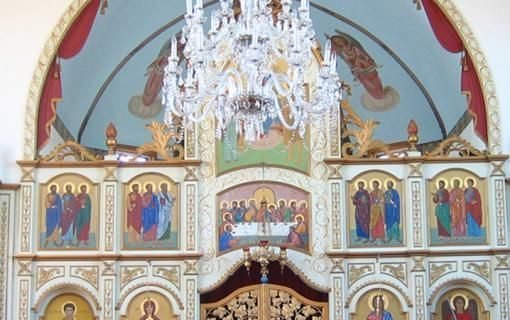
Напевно, мало хто з нас звертає увагу на дивні слова, що промовляє священик за кожною Божественною Літургією наприкінці анафори Свт. Іоана Золотоустого. До речі, подібні слова зустрічаються й в анафорі Свт. Василія Великого. Звичайно, одна з причин пов'язана з тим, що в більшості випадків слова євхаристичної молитви читаються священником не вголос, а тихо.
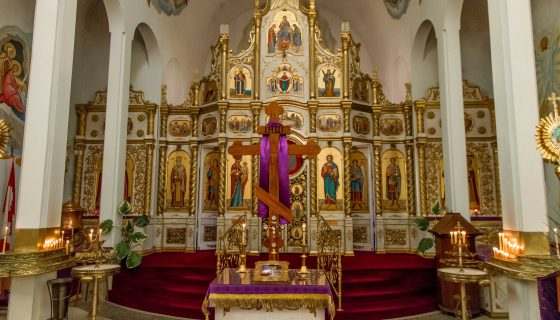
[vc_row full_width="stretch_row" css_animation="bottom-to-top"][vc_column][vc_column_text]Please, click on the image below in order to open an article in pdf and download it.[/vc_column_text][vc_column_text]
[dg order="DESC" ids="3250,3249"]
[/vc_column_text][/vc_column][/vc_row]
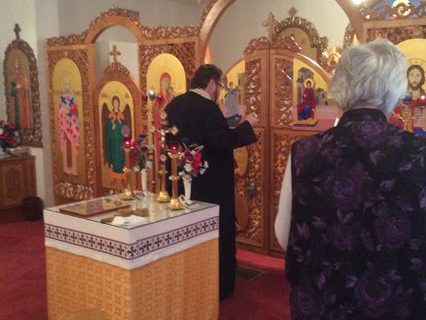
For years, I searched the literature on the Divine Liturgy of St. John Chrysostom, seeking to find concrete guidance in the specifics of participation
which rnight link the objective liturgical reality with the inner experience, which in any case appropriates and personalizes the spiritual treasure
which is the Liturgy. My search in the books and pamphlets about the liturgy was in vain.
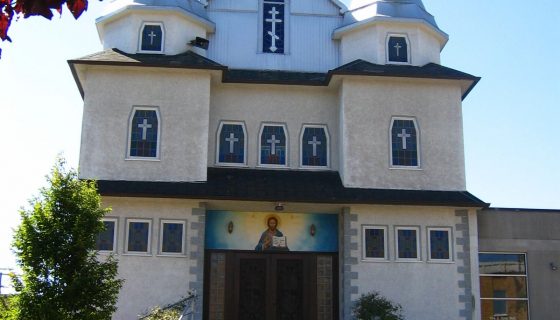
Growing up in a small village, there were many special events which took place. As such, these events created many memories I now cherish. One such event that repeated itself yearly was our annual Bishop’s Visitation.

The Ecumenical Patriarchate of Constantinople is the preeminent Church in the communion of the fourteen Autocephalous Orthodox Churches. Reflecting the witness of St. Andrew, the First Called Apostle, the enduring mission of the Ecumenical Patriarchate of Constantinople is to proclaim the salutary Gospel of Jesus Christ in
accordance with the Apostolic and Orthodox Faith.
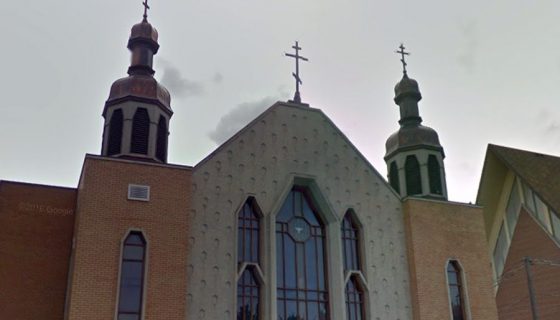
The sacraments, in particular the sacraments of initiation, are pivotal moments in our faith that are sometimes undervalued in terms of their theological importance, and impact on our lives as Christians
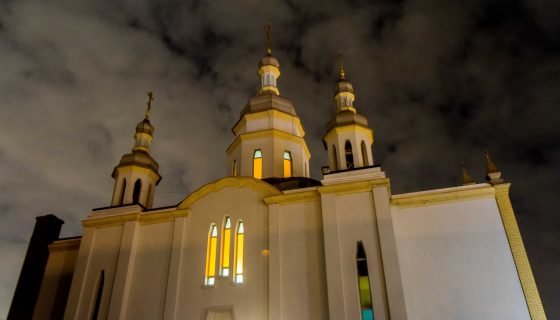
Today, my dear Brothers in Christ, I have been asked to give a talk; I have chosen the topics of Ministry and Ordination. I have decided to divide my presentation into two main sections. I will begin with a more academic section, where I will discuss the theological meaning of ministry and ordination, drawing support for my ideas from the thoughts of some theologians, including Zizioulas, Lossky, Staniloae, and Schmemann.
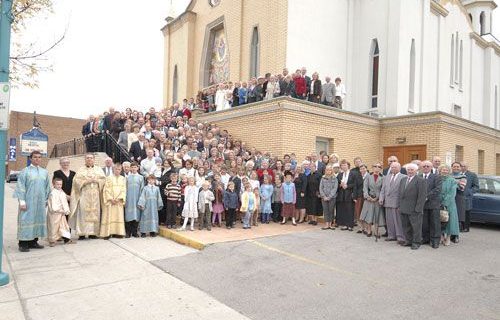
It is an exceptional honor and a great joy for me to be here today, among you, with the blessing and permission of His All Holiness the Ecumenical Patriarch and the consent of His Eminence the Archbishop of America, in order to share with you some thoughts regarding the present condition of Orthodoxy in America and our Ecumenical Patriarchate’s position towards it.
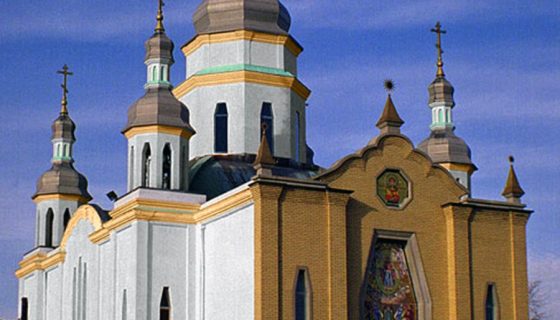
L’Église n’est pas une institution, encore moins une organisation humaine. Elle est, selon l’apôtre Paul, le Corps du Christ, établi sur la terre afin de perpétuer l’œuvre du salut accomplie par le Dieu devenu homme.

La première Épître aux Corinthiens fut rédigée par le saint apôtre Paul pour surmonter les schismes qui affligeaient l’Église de Corinthe : certains se réclamaient de Paul, d’autres d’Appolos, d’autres encore de Céphas (Pierre), enfin, d’autres se réclamaient du Christ (1 Co 1,12)
Page 1 of 2








